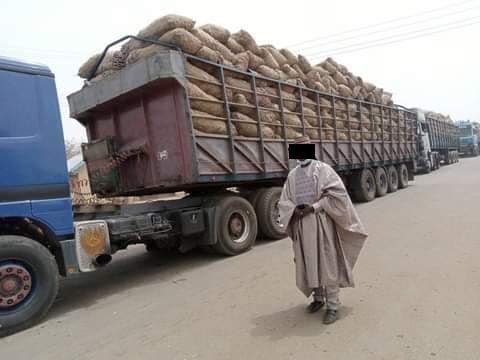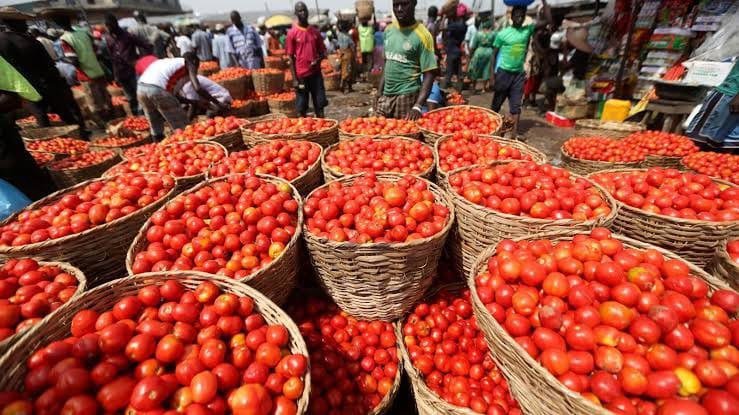With the recent cattle rearers and foodstuff dealers’ strike, a second war has ensued in Nigeria. For now, many are unaware of it. One of the major determinants of the 1967-1970 civil war was the economic blockade imposed on Eastern Nigeria (now Southeast and South-south): a repeat of this looms large; however, this time, the south is not primarily at the receiving end.
It is a cliche in Nigeria, which goes mostly unchallenged, that The north feeds the country; this is intricately accurate. Northern Nigeria is made up of 60% farmers while the south is made up of, mostly, industrialists, business people, service-based occupations, academicians, and general consumers.

The Hausa/ Fulani herdsmen have been in constant conflict with other communities of the country, being nomadic, they move around the country with their cattles, goats, and other livestock to graze and trade. During the course of their grazing, they often loosely encroach into private spaces, farmlands destroying people’s means of livelihood.
These often degenerate into clashes that have claimed the lives of countless Nigerians.
Seeing that open grazing of cattle has become one of the flashpoints for insecurity Governors of all six states in the southwest imposed a ban on open grazing of cattle across the region.
The Cattle and Foodstuff dealers under the aegis of Amalgamated Union of Foodstuff and Cattle Dealers of Nigeria (AUFCDN) on Thursday February 25, began a nationwide strike following the expiration of a seven-day ultimatum given to the federal government to attend to their demands of N475 billion compensation for lives of their members and properties lost.
These demands, conveniently, had no consideration to the lives and properties lost to the clash by members of host countries in the Southwest, Southeast, South-South, and the middle belt parts of the country.

The AUFCDN association leaders posed that they would rather sell their stock to Niger Republic than to fellow Nigerians. They have invariably imposed another economic blockade on the southern part of Nigeria just like it was done in 1967. This time around, the south doesn’t have to contend with bombs targetting their homelands, as well.
One important point that may have been lost to the agitators of this strike in the north is that the south will find food alternatives, but will the north find buyers for their goods? Niger has a population of 23.31 million, this is the population of Lagos and Enugu states. It is also important to note that Niger’s livestock and agricultural sector is not laid to rest: 80% of their population are farmers, and livestock rearing constitutes 18% of the overall country’s IGR.
As this economic civil war continues to rage, we ask again, who will the north sell their agricultural products to?
Post Disclaimer
The opinions, beliefs and viewpoints expressed by the author and forum participants on this website do not necessarily reflect the opinions, beliefs and viewpoints of Anaedo Online or official policies of the Anaedo Online.




